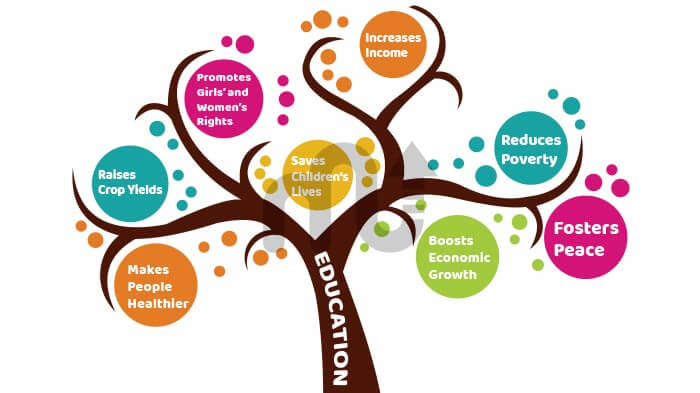Importance of education
5/8/20242 min read


The Importance of Education
Personal Development
Education is a transformative process that enriches individuals on multiple levels:
Knowledge Acquisition: It provides a structured way to learn about the world, from basic literacy and numeracy to advanced scientific theories.
Skill Development: Education equips individuals with essential skills such as problem-solving, communication, and collaboration, which are crucial in both personal and professional spheres.
Critical Thinking: It fosters the ability to analyze information, question assumptions, and make informed decisions.
Societal Benefits
Beyond personal growth, education has profound societal implications:
Economic Growth: A well-educated workforce drives innovation, increases productivity, and fosters economic development.
Social Cohesion: Education promotes understanding and tolerance, helping to bridge cultural and societal divides.
Public Health: Educated individuals are more likely to make informed health choices, leading to healthier populations.
Education as a Catalyst for Innovation
In an era defined by rapid technological advancements, education is the bedrock of innovation. It nurtures curiosity and creativity, encouraging students to push boundaries and explore new possibilities. Universities and research institutions play a pivotal role in this process, serving as incubators for new ideas and technologies.
The integration of technology in education, such as e-learning platforms and digital classrooms, has revolutionized the way knowledge is disseminated and acquired. This digital transformation makes education more accessible, flexible, and engaging, paving the way for lifelong learning.
Education and Equality
Education is a powerful tool for achieving equality and social justice. It opens doors to opportunities that might otherwise be inaccessible, particularly for marginalized communities. By providing equal access to quality education, societies can break the cycle of poverty and empower individuals to improve their circumstances.
Programs aimed at improving education for girls and women, for instance, have shown significant positive impacts on family health, economic stability, and community development. Similarly, inclusive education for individuals with disabilities ensures that everyone has the opportunity to contribute to and benefit from societal progress.
Challenges in Modern Education
Despite its many benefits, the education system faces several challenges:
Access and Equity: In many parts of the world, access to quality education remains limited due to factors such as poverty, geographic isolation, and social barriers.
Quality of Education: Ensuring that educational institutions provide high-quality learning experiences is an ongoing challenge, exacerbated by issues like inadequate funding and teacher shortages.
Adapting to Change: The fast pace of technological change requires constant adaptation in curricula and teaching methods, which can be difficult to implement effectively.
Opportunities for Improvement
Addressing these challenges requires a multifaceted approach:
Investment in Education: Increased funding for educational infrastructure, teacher training, and learning resources is crucial for improving quality and accessibility.
Innovative Teaching Methods: Embracing innovative teaching methods, such as project-based learning and personalized instruction, can enhance student engagement and learning outcomes.
Global Collaboration: International partnerships and exchanges can facilitate the sharing of best practices and resources, helping to elevate educational standards worldwide.
Conclusion
Education is a fundamental human right and a powerful catalyst for individual and societal progress. By investing in education and addressing its challenges, we can create a more equitable, innovative, and prosperous world. The future of education lies in our ability to adapt, innovate, and ensure that everyone has the opportunity to learn and grow.
